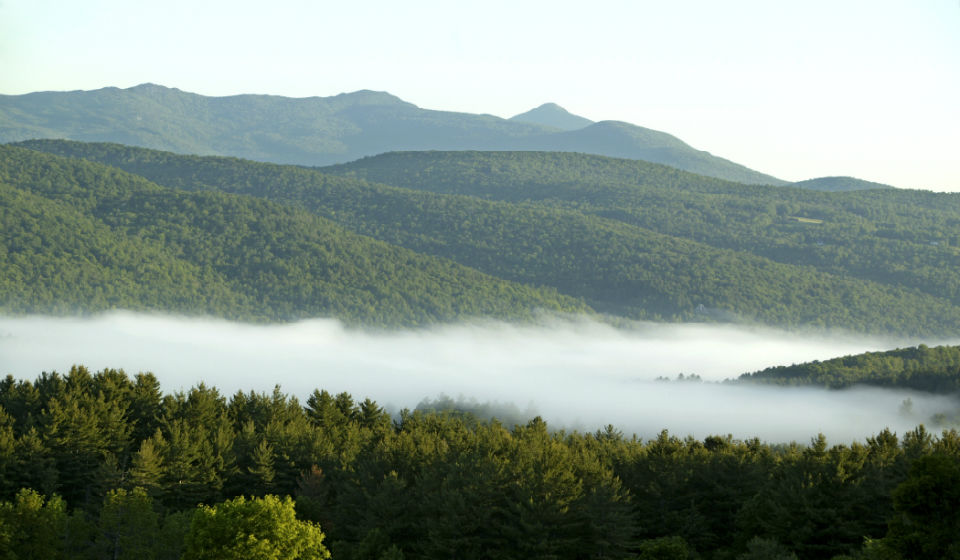Resources For Consulting Foresters
We appreciate the relationship that you have with our woodland owner members. As such, we strive to help them be good land stewards and to help you access the information you need to meet your clients needs. We hope that our website will be your go-to place to stay up to date on resources available to you. These resources include:
We hope that our website will be your go-to place for tools and resources.
- Continuing education opportunities offering SAF credits, listed on our events calendar
- Assistance in tracking your continuing education credits, upon request
- Updates from the Office of Professional Regulation on licensing requirements
- Forest Health Updates from the Dept. of Forests, Parks and Recreation
- Updates from NRCS on cost share funding and due dates
- Legislative updates on bills that affect forestry and forest landowners
- Timber tax updates from the USDA State and Private Forestry
- … Your ideas here. How else can we help you?
Suggested Reading
We’ve created a page where we’ve pulled together a suggested reading list for Consulting Foresters. In some cases, we’ve also provided links to book reviews in our Resources Section to provide in depth coverage of the content. Enjoy! Click here to go to our Consulting Foresters Suggested Reading page.
Relevant Resources
We have brought together a host of resources that are relevant to consulting foresters.
Click on one of the topic areas to be brought into the resource section of our site to view relevant posts and topics.
VWA Policies & Communications
Management Topics
Partner & Aligned Organizations


